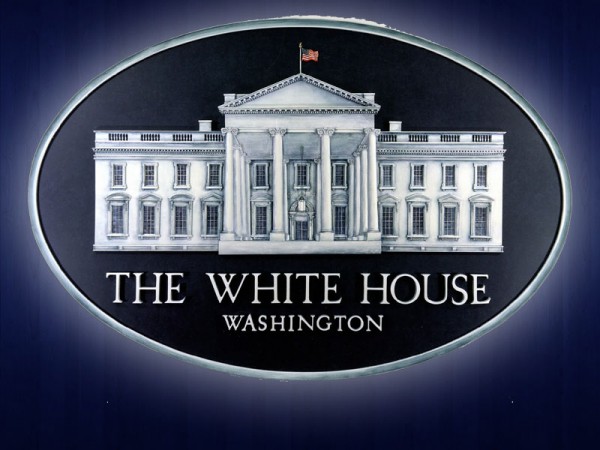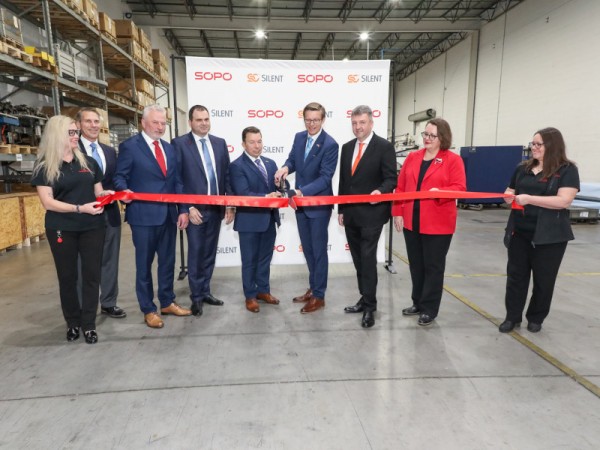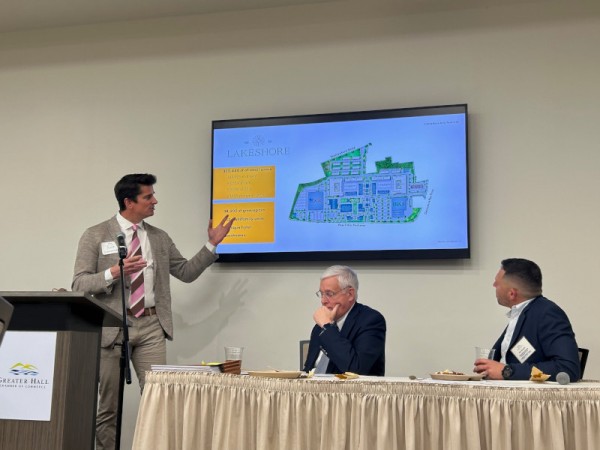WASHINGTON - Microsoft and the Justice Department decided not to oppose a bid by nine states to add an extra complaint to their ongoing antitrust suit.
The states argue that Microsoft is already using a proposed settlement to gain an unfair advantage over computer makers.
The nine states, led by California, Massachusetts and Iowa, submitted portions of a deposition by a top Microsoft executive showing how the company designed new contracts that would prevent computer makers from suing Microsoft for infringing on the makers' patents.
The new contracts also dropped reduced costs, based on volume, that the larger computer manufacturers like Hewlett-Packard and Gateway used to get.
Because the deposition came after the end of a federally mandated public comment period, the states had to ask the court for permission to present the deposition as evidence that the settlement isn't fair to other companies.
The Justice Department grudgingly agrees, its lawyers wrote to the court, as long as the states don't try to add any more information or try to testify at a Tunney Act hearing on March 6.
The 1974 Tunney Act dictates how federal settlements should be judged to make sure they serve the public interest.
``As the Tunney Act provides no basis for grafting a collateral remedy hearing onto this settlement proceeding, further attempts generally by the non-settling states or other third parties to import information or evidence from that case into this Tunney Act proceeding would be inappropriate,'' Justice lawyers wrote.
Microsoft also chose not to oppose the states' bid, the company said Friday. The Microsoft executive quoted by the states, Richard Fade, also submitted a declaration to clarify his previous statements.
Fade said that the new contracts came from the settlement's requirement that there be uniform contracts for all computer manufacturers; therefore, larger computer makers would lose their previous advantages.
Fade also wrote that the patent language has existed for at least five years, and does not apply to hardware.
The federal settlement would prevent Microsoft from retaliating against partners for using non-Microsoft products; require the company to disclose some of its software blueprints so software developers can make compatible products; and make it easier for consumers to remove extra Windows features.
Tuesday
July 1st, 2025
2:04AM
















